Patient Outcomes: Current Research

The Division of Pharmaceutical Outcomes and Policy is committed to excellence in research, education, and service that advances the optimal use of medications with the goal of improving human health. Our research focuses on health outcomes and how to support medication taking at the individual, practice, and system level.
Our scientific expertise is diverse, innovative, and spans many methods and areas of outcomes research, including:
- Communication and Decision Making
- Comparative Effectiveness
- Health Disparities
- Implementation Science
- Patient Centered Outcomes
- Pharmaceutical Policy Analysis
- Pharmacoeconomics
- Pharmacoepidemiology
- Precision Health & Pharmacogenomics
- Public Health
- Predictive Analytics and Machine-Learning
Delesha Carpenter Lab

Dr. Carpenter directs a funded research program that is focused on the areas of patient-provider communication, mobile and digital health, and rural health.
Betsy Sleath Lab

Sleath’s research focuses on provider-patient communication in the areas of asthma, ADHD, diabetes, and glaucoma, engaging children and parents more in medication discussions during pediatric visits, and improving patient medication adherence and other health outcomes through interventions.
Dr. Roberts’ Lab

Dr. Roberts’ research focuses on evaluating and improving the implementation of genomic medicine. In particular, she is interested in conducting research to understand how precision medicine technologies can be implemented to improve access to and reduce disparities in, high-quality care and prevention.
Carolyn Thorpe Lab

Carolyn Thorpe, PhD, MPH is an associate professor in the Division of Pharmaceutical Outcomes and Policy. She conducts research to evaluate and improve prescribing quality and safety and medication adherence in older adults with multiple chronic conditions.
Joshua Thorpe Lab

Dr. Thorpe’s research program focuses on reducing the overuse of unnecessary or inappropriate medications in medically-complex older adults. He has conducted extensive research on unsafe use in older Veterans with dementia, chronic high-dose opioid use, non-adherence and oversupply of chronic disease medications, the role of over-the-counter medications in unsafe medication use, and the dyadic nature of unsafe use of dementia patients and their family caregivers, among other topics.
Alan Kinlaw Lab

Alan’s research focuses generally on pharmaco-epidemiology and health services research that leverages large and high-dimensional secondary data, including healthcare claims data, clinical registry data, and electronic health records.
Our PhD Students and Postdoctoral Fellows
DPOP typically has between 9-15 PhD students and postdoctoral fellows, who work with faculty during research rotations, and a research and teaching practicum. During their first year, students form a Student Advisory Committee (SAC). This committee provides the student with an interdisciplinary perspective, because SACs involve DPOP faculty and faculty from across campus.
Students are also partnered with a faculty advisor who can help each student personalize their experiences to suit the student’s unique interests, needs and talents.
Collaboration and Partnership
We are partnering across the campus, state, nation and around the world to advance research and advance knowledge and treatment for patients to discover solutions for the world’s most challenging health issues.

UNC Health Sciences Campus
The School is part of the University of North Carolina at Chapel Hill, a major research university with a large teaching hospital and schools of medicine, public health, nursing, and dentistry.
- Ranked 5th nationally for federal research among all universities
- $1.1 billion in sponsored research from all sources annually
- Eleventh largest research university in research volume and annual expenditures
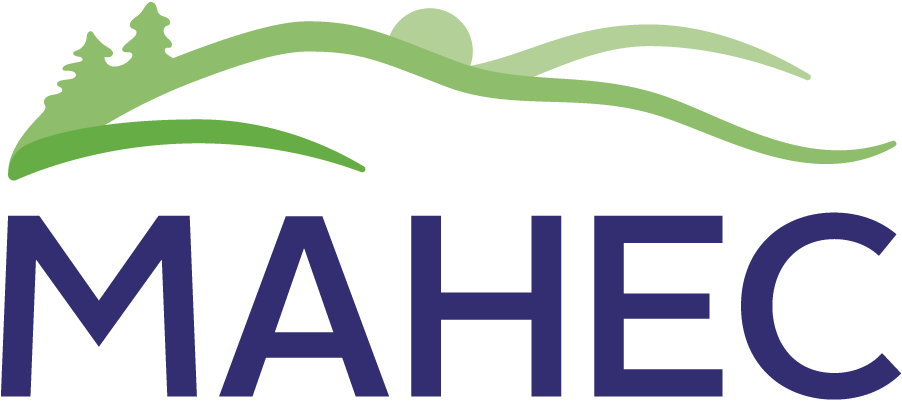
UNC Health Sciences at MAHEC
UNC Health Sciences at the Mountain Area Health Education Center (MAHEC) is a unique interdisciplinary collaboration with the University of North Carolina, Western Carolina University, and regional community partners. Located on MAHEC’s main campus in Asheville, UNC Health Sciences at MAHEC includes the UNC School of Medicine Asheville Campus, a master of public health program led by UNC Gillings School of Global Public Health, and innovative educational and research collaborations with UNC Eshelman School of Pharmacy.
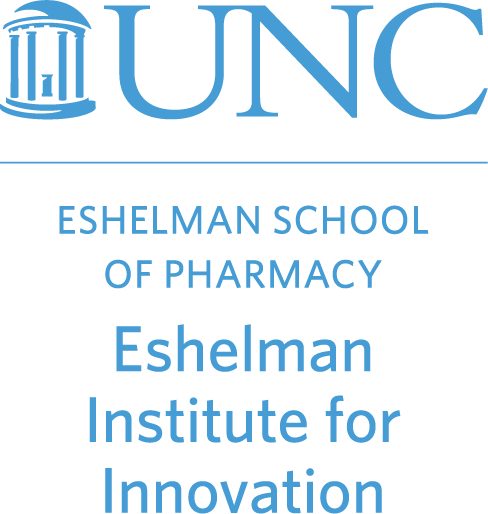
Eshelman Institute for Innovation
The Eshelman Institute for Innovation was established in 2014 with a $100 million commitment from Dr. Fred Eshelman. The Institute encourages collaborations between universities, research institutions, foundations and industry that accelerate groundbreaking science from the bench to the patient by funding and translating ‘top tier’ scientific solutions to the market with speed. Learn more here.
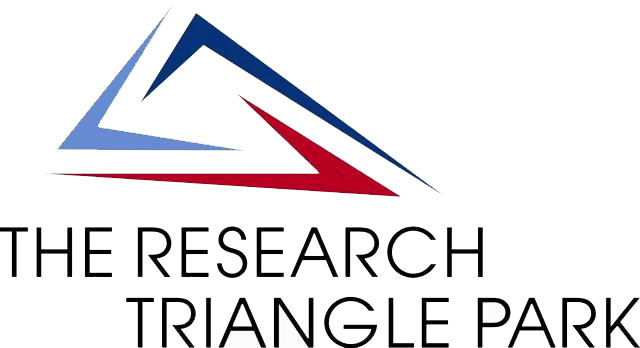
Research Triangle Park
UNC anchors one corner of North Carolina’s famed Research Triangle Park, which hosts an abundance of pharmaceutical, biotech, and health-care companies. This environment offers many opportunities for collaboration in research, education, and patient care with partners in academia, industry, and health care.
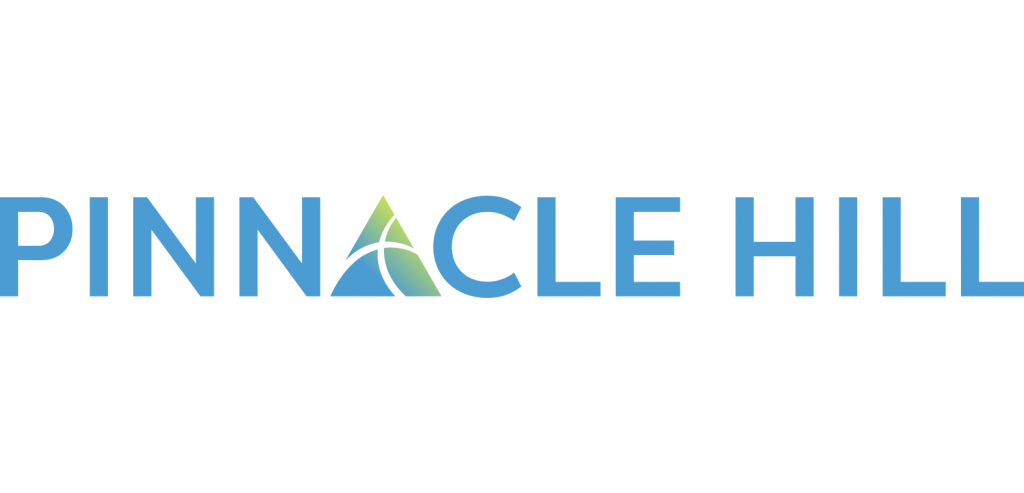
Pinnacle Hill
The University of North Carolina at Chapel Hill and Deerfield Management have entered into a partnership to create Pinnacle Hill, a company seeking to discover new medicines to address the significant unmet medical needs of our times. Deerfield will invest up to $65 million of targeted funding through Pinnacle Hill, as well as providing significant drug development expertise to advance promising therapeutic research at UNC-Chapel Hill. Learn more here.
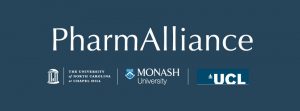
PharmAlliance
PharmAlliance is a unique international partnership between three global leaders in pharmacy education, the University of North Carolina at Chapel Hill, Monash University, and University College London. PharmAlliance partners work collaboratively to inspire and train tomorrow’s professional leaders and practitioners to transform education delivery and address major research challenges in pharmacy and the pharmaceutical sciences.
















